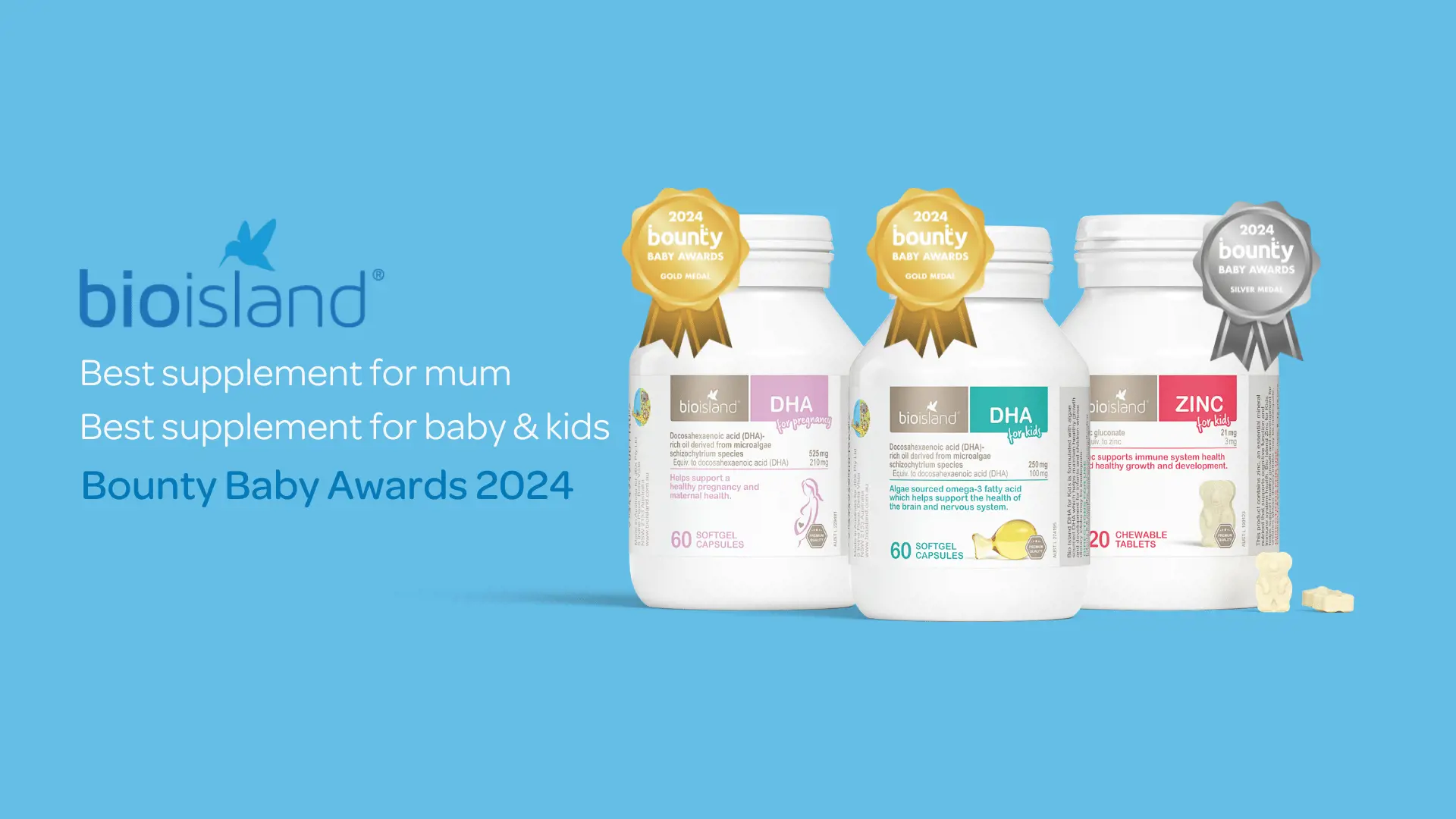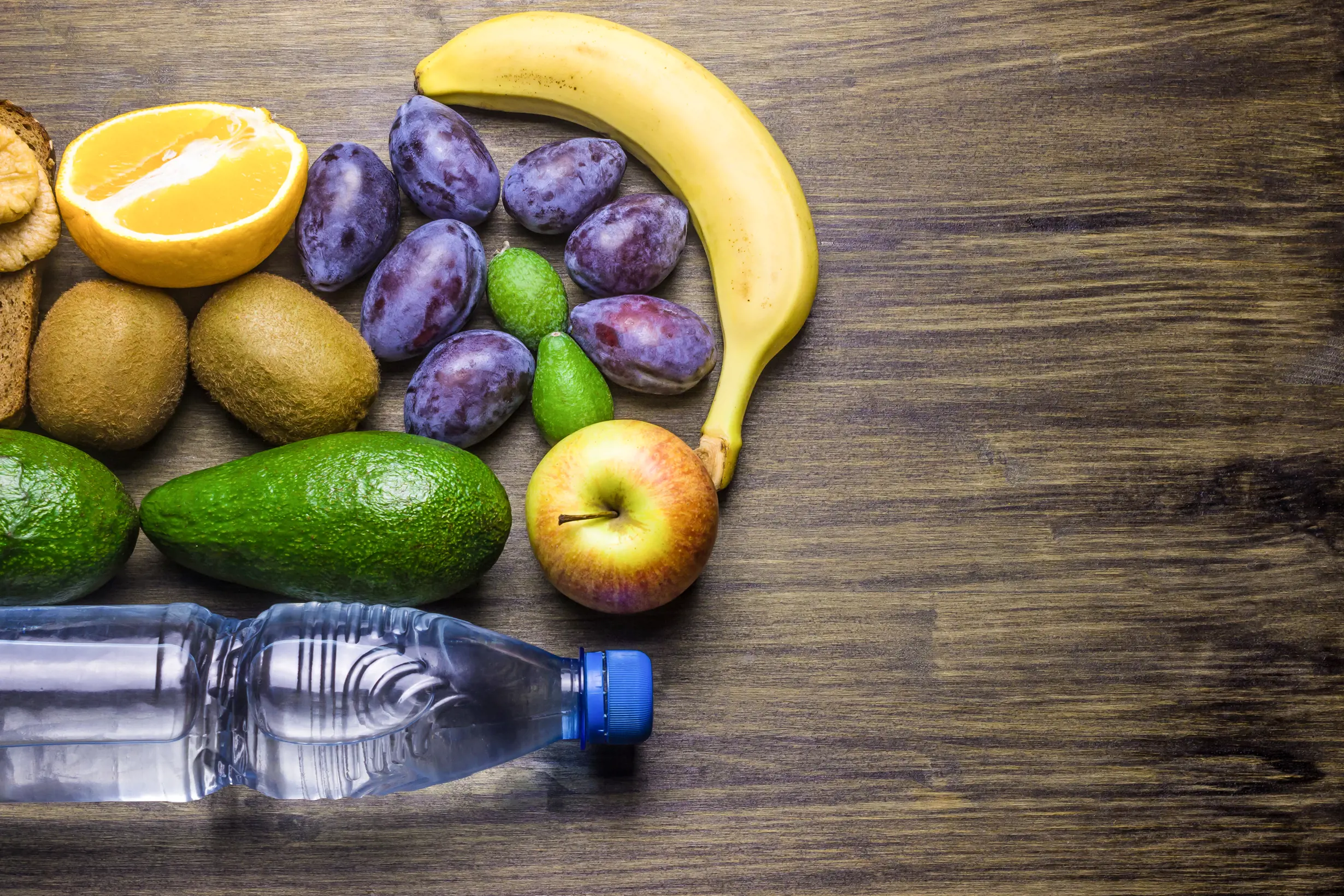
Approximately half of infertility cases are due to an issue involving the male partner.
Healthy Pregnancy
By Bio Island Nutrition Team
Even though men can make sperm well into their 70s, the optimal age of fertility for men is thought to be between 16-40 years of age as the quality of a man’s sperm can decline as he gets older. If a couple experiences infertility, often the initial investigations will focus on the woman, however approximately half of infertility cases are due to an issue involving the male partner.
Being obese or even overweight can have a negative effect of sperm quality. Carrying excess weight can also lead to low testosterone levels and high estrogen which can negatively affect male fertility as sperm production is dependent on normal testosterone levels. The good news is that the quality of a man’s sperm can greatly improve by making some simple changes to his diet.
Men looking to improve their fertility and sperm health should focus on having a diet which is high in:
- Fruit and vegetables which contain a range of nutrients including fibre, vitamins, minerals have been associated with the improvement of semen quality and fertility. Choose varieties that are also high in antioxidants such as berries, spinach and beans which help to reduce oxidative stress in the body.
- Lean animal protein, especially oily fish such as salmon and mackerel which are high in omega 3 fatty acids.
- Nuts and seeds are another great source of essential fatty acids, fibre and minerals. It is best to choose nuts and seeds that are unroasted and unsalted.
- Wholegrains provide a great source of fibre, zinc, and magnesium. Men who are low or deficient in zinc have been associated with an increased risk of male fertility due to low testosterone levels and poor sperm quality.
- Lean dairy offers a source of calcium and protein. To reduce the amount of saturated fats it is best to choose low fat varieties, however, be mindful of products that may add in additional sugar.
Foods that a high in fat, sugar and excess animal protein should be avoid as excessive intake of saturated and trans-fatty acids typically found in these foods are associated with increased oxidative stress leading to obesity and other health concerns such as type 2 diabetes. Obese men with type 2 diabetes or metabolic disorders may experience issues with sperm motility which will affect the fertilisation process. It is also recommended to avoid foods containing soy as soy contains estrogen which can harm sperm function.
Alcohol should be consumed in moderation as the occasional alcohol beverage does not seem to have a negative effect of sperm quality however daily and / or excessive alcohol consumption can negatively impact both sperm volume and morphology which can contribute to fertility issues.
For men that smoke, it is recommended to quit smoking at least three months prior trying to conceive as smoking can have a negative effect on erections and can also damage the DNA in sperm.
Leading a healthy and active lifestyle which includes a wholesome balance diet full of nutritious foods and moderate alcohol consumption can vastly improve male sperm health and assist in reducing male infertility.
This information does not take into account your personal situation and is general in nature. You should consider whether the information is appropriate for your needs and seek professional medical advice.
Always consult your healthcare professional before taking any supplements or if any concerns arise.






